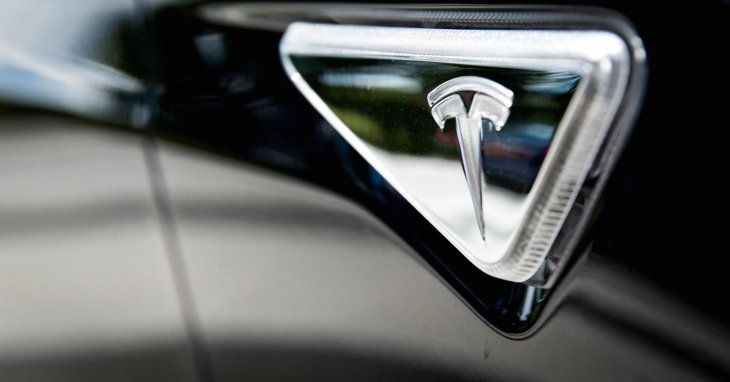YAHOO AUTOS
Today, that tide turned against Tesla after Michigan Gov. Rick Snyder signed a bill — backed by the state's auto dealers and General Motors — that Tesla says not only bars its stores, but even a place where Tesla could tell customers about its vehicle.
The bill signed by Snyder, a Republican, had originally been offered by the Michigan Auto Dealers Association as a way to allow dealers more power to levee fees on buyers.
It passed both houses of the Michigan legislature with a sole vote in opposition — and, according to Tesla, a single wording change that took place just before its final vote, without debate.
Tesla said last week the bill was "an effective prohibition against Tesla opening a store in Michigan," and "also seeks to prevent Tesla from operating a gallery in Michigan that simply provides information without conducting sales. We could even be barred from telling people about our car."
But Snyder released a statement upon signing the bill saying it did not change existing state law that he said required automakers to sell through franchised dealers. Not citing Tesla by name, Snyder said "I would be open and encourage discussion...to make sure Michigan was open to products and services from all over the globe."
In the states where Tesla has been banned outright, the company has still set up storefronts where it can advertise its vehicles. Before Snyder signed, General Motors also weighed in, as it has in other states, contending that the bill would "help ensure that all automotive manufacturers follow the same rules to operate in the State of Michigan."
Given the state-by-state battles underway, Tesla and co-founder/CEO Elon Musk have three choices going forward. It can keep battling in state legislatures, where car dealers hold all the political advantages.
It can partner with dealers — although Tesla's corporate promise to not make money off vehicle service, it's build-to-order business and its strategy of setting up stand-alone stores would make such negotiations tough.
Or Tesla could push forward in the courts; it's already won a couple of rounds, and you can hear the echoes of its legal argument when it claims such rules force it "into a body of law solely intended to govern the relationship between a manufacturer and its associated dealers." The battle is over; the war rolls on.


No comments:
Post a Comment